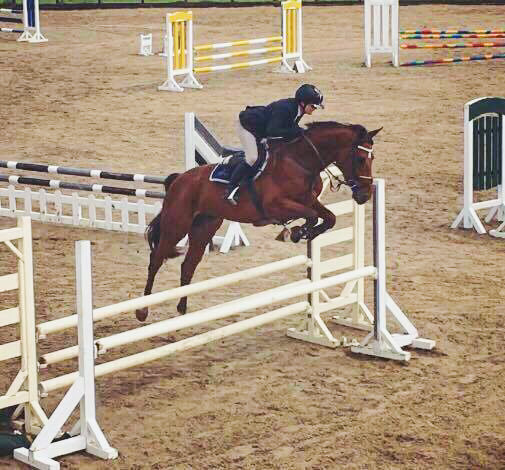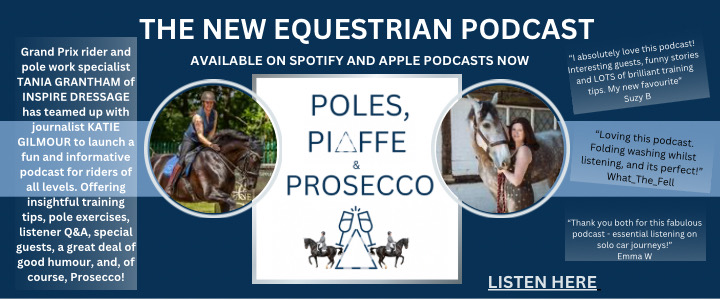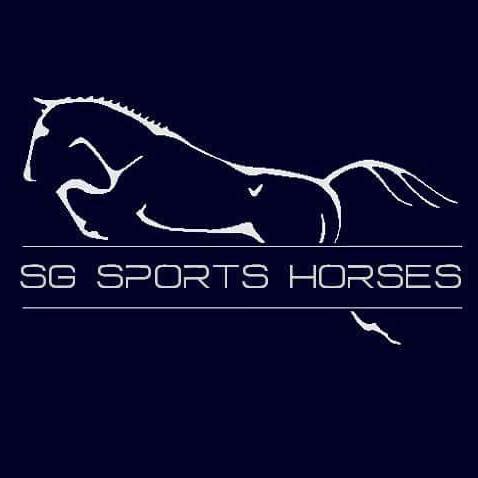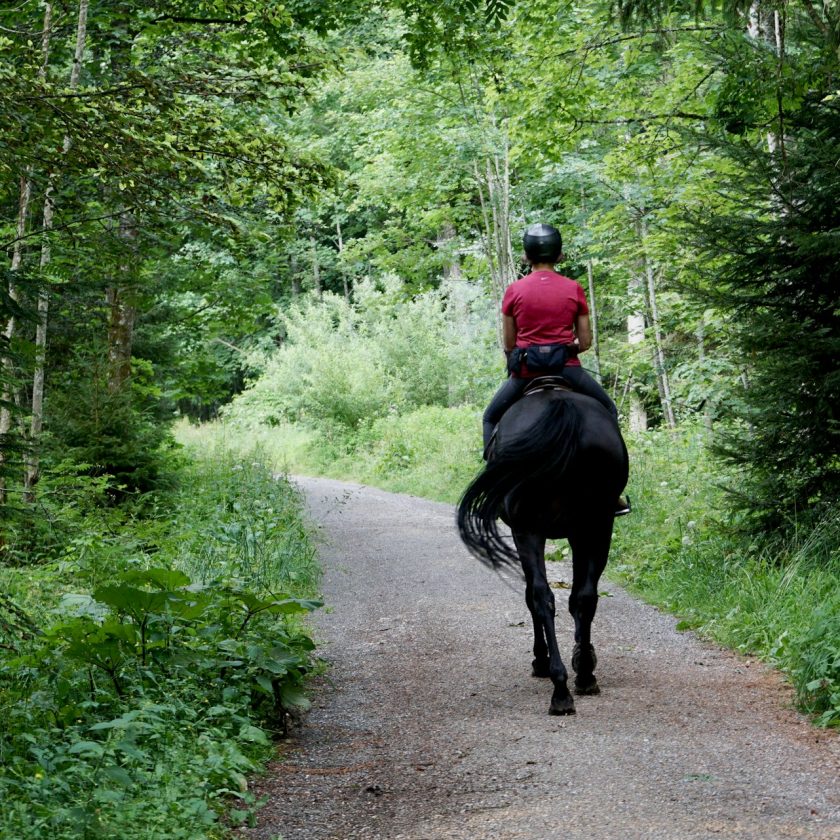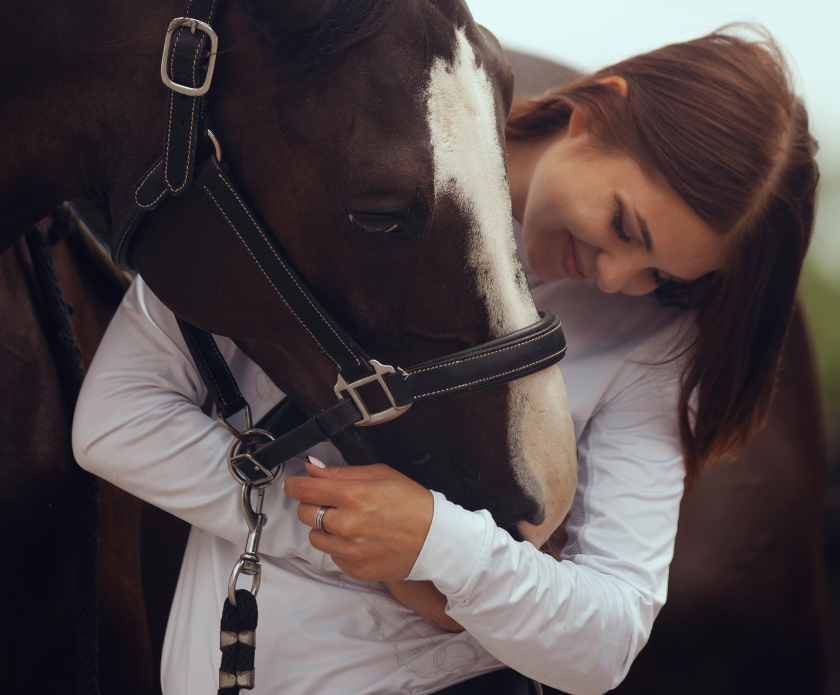A Day in the Life of a Young Horse Producer
Everything Horse sponsored rider Steph Gumn produces young horses to sell on and compete, and even if we are a little biased, we think she’s very good at it too! So good in fact we wanted to share with our readers what it’s like to walk a day in her shoes by taking ‘five’ to ask Steph a few questions….
How many hours a week do you work?
Gosh, I don’t really have set hours! I tend to take each day as it comes. Generally I start at 8am, depending how many horses are in. I try to finish at 5:30-6pm on a normal day but in the summer it tends to average out more like 8-9pm as there is always so many jobs to fit in. Show days I can be on the yard at 5am and not get back until 9pm. You have to be pretty flexible and prepared to put your social life to one side!
Which parts of your job do you enjoy the most?
Watching each individual horse progress, 100%! Each horse has different strengths and weaknesses but each little improvement and progression is really rewarding and that’s the reason why I do what I do.
How do you tackle difficult horses?
Young horses can be difficult at times, if they were easy I am sure everyone would buy them! With difficult horses I tend to be firm but keep things simple. I repeat the same thing each day, or week until the problem isn’t a problem anymore. Don’t fall out with them, just keep riding through asking the same question. Young horses tend to move on quite quickly from problems with repetition and calm riding.

What would you say is the most important element for initial training of a horse under saddle?
From experience the most important part of early training is teaching a horse to be infront of your leg. Keeping them in front of the leg is really important with early jump training, a forward thinking horse will always be looking to go between the wings. If you can teach this frame of mind from day one, filler training and first shows should be much smoother.
How do you keep yourself organised?
Organisation is pretty important to me. I keep a diary which I log each horses daily routine and also any issues I’ve noticed that day. I also note each show and their results. I plan ahead to the bigger shows in advance so I can make a training plan for each horse. I also have a white board on the yard which has each horses daily turnout and exercise plan. This helps in days of bad weather or if motivation is low as I have to keep to the plan to keep the rest of the week running as planned! It’s a good system.
How often do you go out competing?
I will normally go out once a week on average. Some weeks I will pop out twice, sometimes young horses need extra ring time to iron out problems or gain confidence, especially if they have a final coming up. I can do plenty of training at home but they also need to learn their ring craft, and they only by this by going out. I never push a horse physically or mentally. If they can only cope with one class, they do one. If they need a weekend or two off, they get it off. I want them to work with me because they want to and enjoy it!
At what age would you recommend backing horses and why?
This is very individual to each horse. I don’t do too much breaking myself anymore. I tend to back them myself at three years of age, just hacking up the drive and a little trot round the school before being turned away. Then in the end of their third year/beginning of their fourth I will send them away to be bought back into work and ridden away. I used to do this myself but a silly fall off a breaker holds back my four-year-olds from going out and jumping. So I figured it’s nice to send them away and have them back with the basics ready to produce. I also work mainly on my own, which makes breaking a harder job.
Can you tell us a little about the horses you have in currently and where they are up to with their career?
I have two horses of my own, a four-year-old gelding and a three-year-old stallion. My four-year-old, Axl, I backed myself in March this year and he went away to be finished off. I had him back at the stage he could canter round the edge of the school. He wasn’t the easiest because he was very weak but also nervous. I’ve had to really work on his canter and strength. He’s now done a handful of shows with a couple of placings and he’s showing promise. He will be aimed at the national four-year-old classes next month.

My other horse Nemo, I have backed him myself to the point he’s trotting round the school and I’ve turned him away until later in the year. He’s been to a loose jumping competition and performed well and has already been graded and licensed as a stallion. He will stand at stud next year and also start his ridden career. He will be aimed at four-year-old classes for 2017.
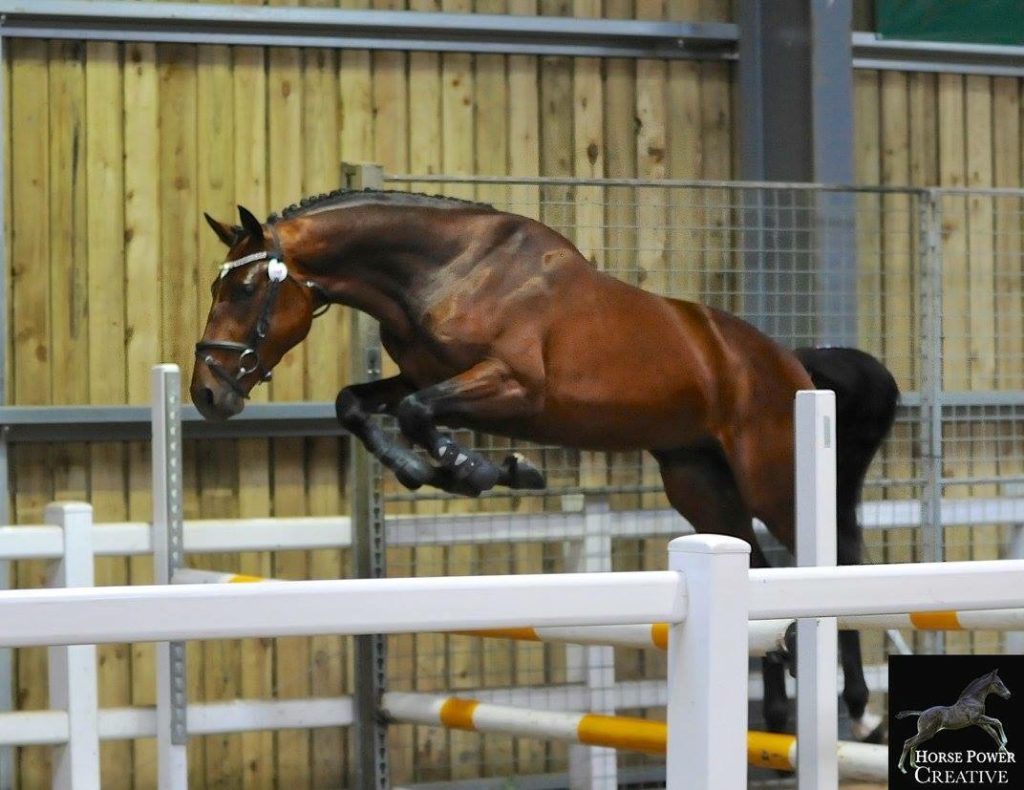
What qualifications do you have and how do you find these have helped you?
I completed a degree in Human and Equine Sports Science in 2015. Whilst I could do my job without it had come in useful with the training, injury and nutrition side. I have a keen interest in biomechanics and tend to video my horses training sessions, especially jump) to pick up small things I can do in training to perfect the over all picture. It annoys my liveries as I’m constantly asking them to video me riding but it really helps me work out a plan for the horses.
What are the most important tools of your trade?
My saddle! I’m really weird, I struggle to ride in certain saddles! I don’t know why but I work on feel and even if one stirrup is a mm out, it affects me! I bought an Equipe synergy last year and it’s the best thing I’ve bought myself. The horses all feel really free in it and I feel really secure, the perfect combination! I am also building a large bit collection, bits fascinate me. Each horse is different and has different needs when it comes to bitting and bridles, I like to have a choice so I can quickly make adjustments to suit each horse at each stage of their developments.
What’s the best piece of advice you could give to someone starting out in your line of work?
Think about it carefully! I am not rich, I don’t have a lot of free time and horses don’t always go as planned! But you know what, I’m really happy! I love working with the horses and even after they get sold I love watching them progress. Even on the really bad days, there’s always a really good one to make up for it!
Do you find your work stressful??
Of course! You always worry about performance on a bad day, was it me, is the horse happy, what can I do different at home? Does the horse look and feel right? Money is a stress too, I’d like to go abroad and to bigger shows but I always end up having to sell the horses to fund my business meaning other people enjoy that success with them. I do think the stress is what makes you want to work harder and produce each horse better though. If it was stress free and cruising and I don’t think there would be anything to reach for.
What are your plans for the future?
My future plans are to expand my string of horses and up my earnings to allow me to compete international. I know I have the horse power I just have to sell them before they are ready for this level. It would be nice to be able to keep one to take further up the ranks. I would also love to start breeding too, I have a passion for blood lines within showjumping and would like to breed so many a year of really good international blood. Some to sell but some to keep and produce!
To learn more about Steph, or to enquire about services available, please visit www.sgsportshorses.co.uk alternatively you can follow Steph on Facebook

